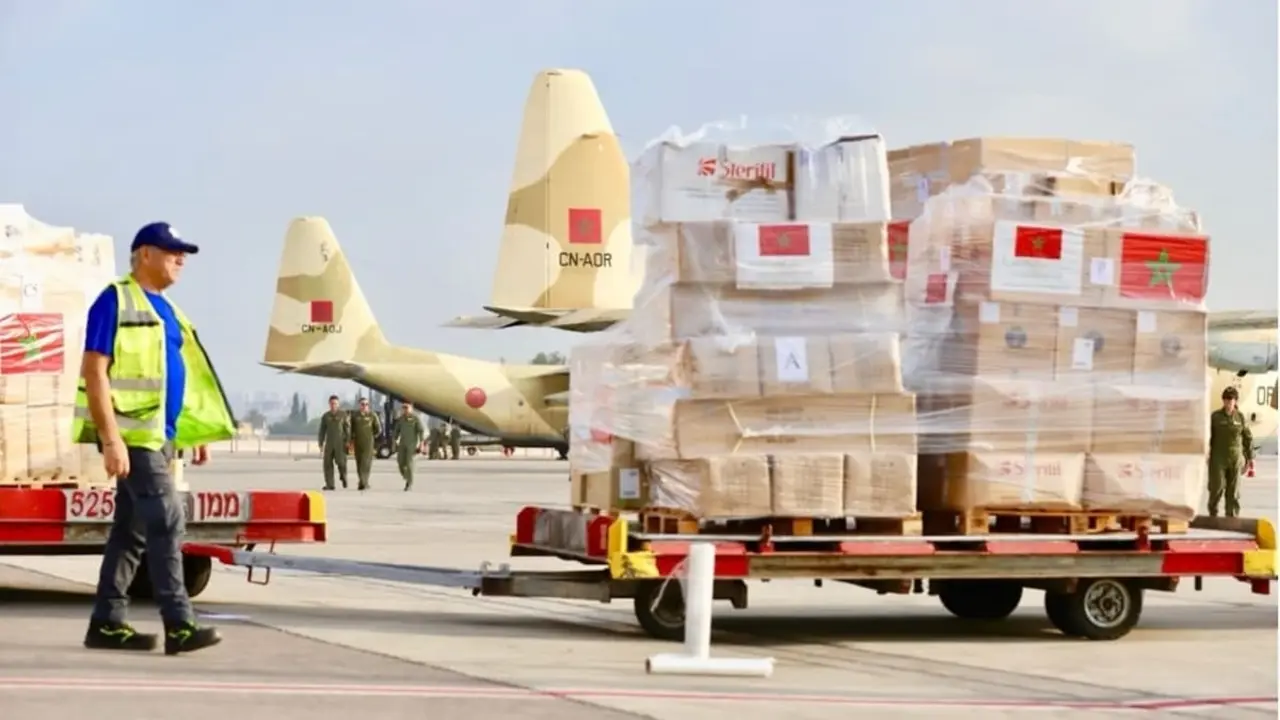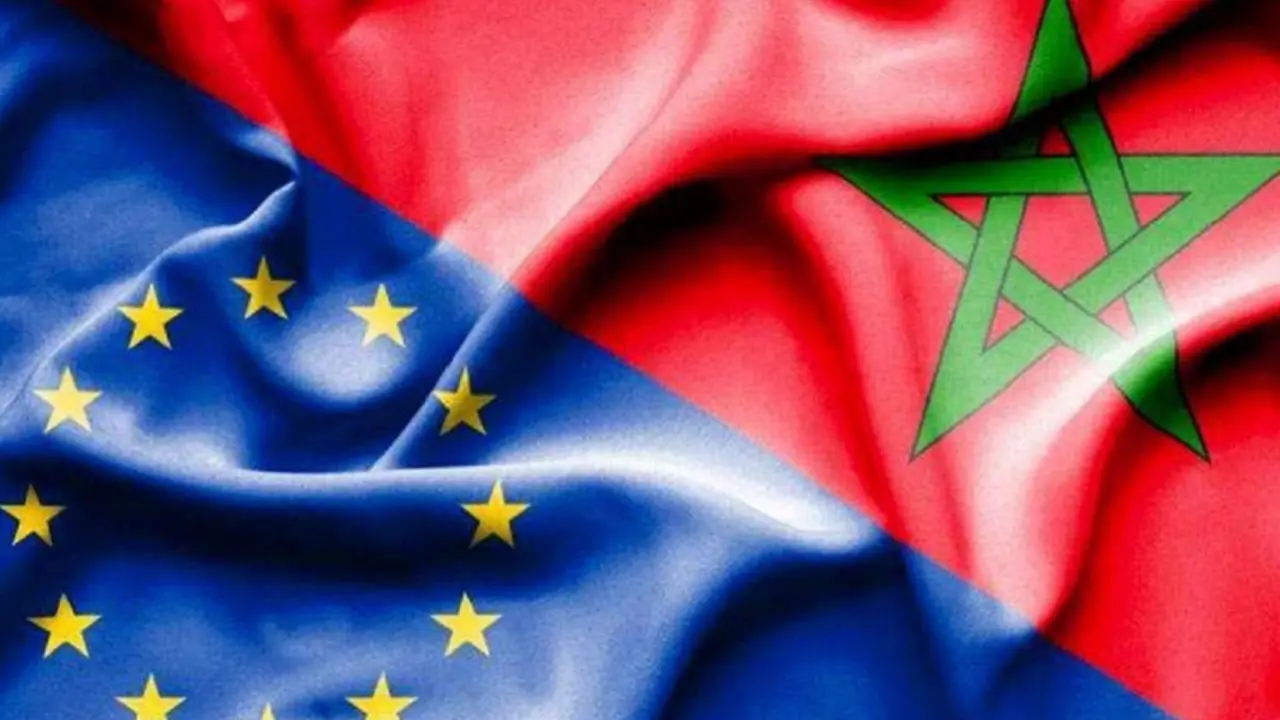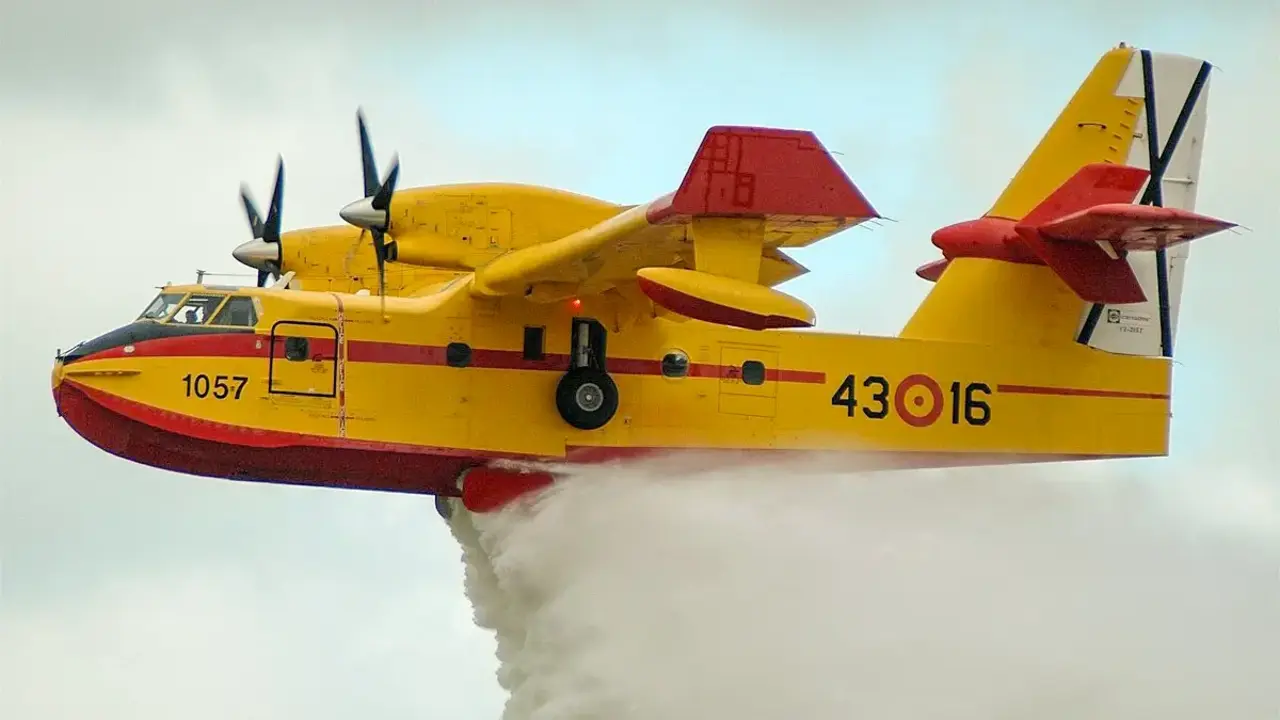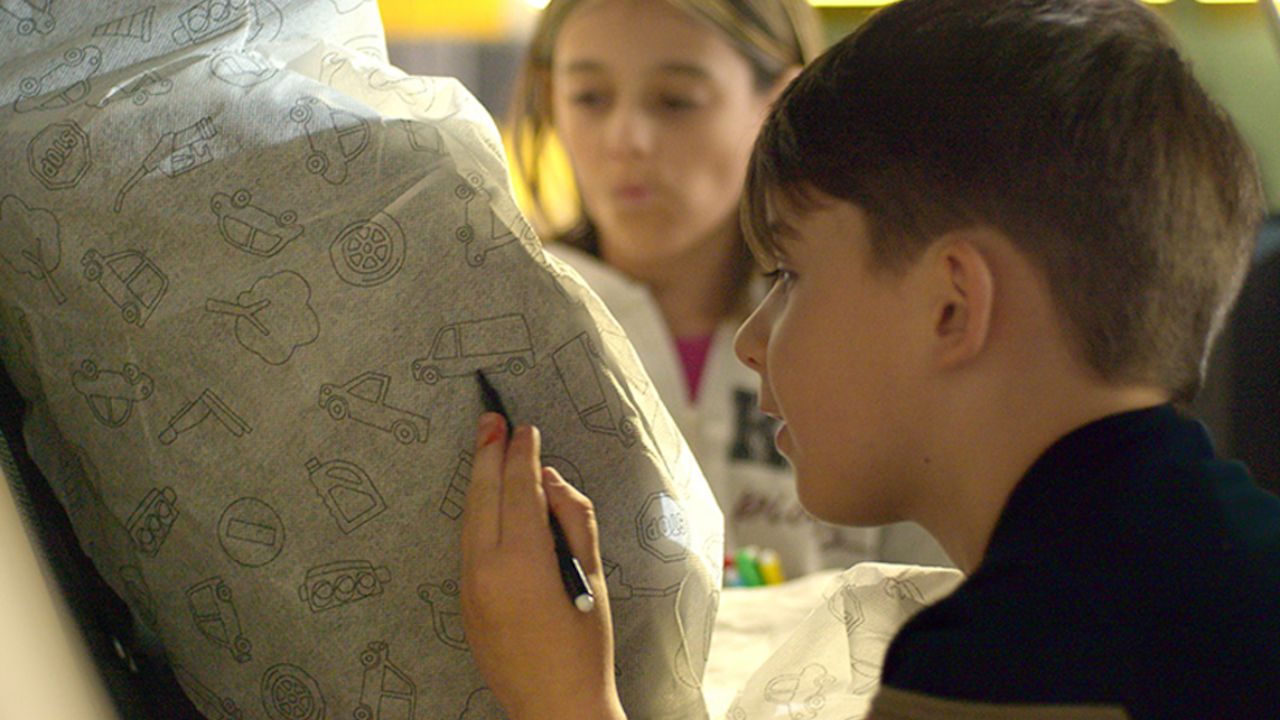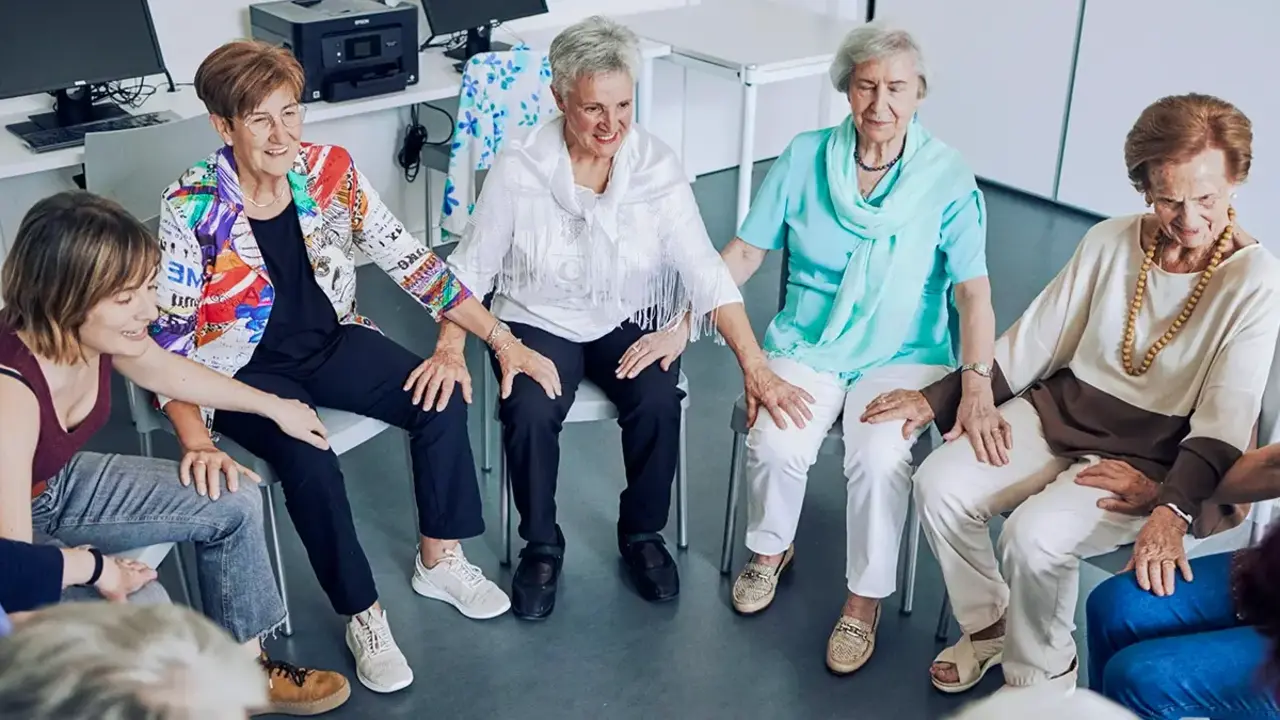63 massacres in Colombia so far in 2020

Colombia experienced another bloody weekend. The National Network of Initiatives for Peace and Against the War (REDEPAZ) has reported a new massacre this Saturday in Quibdó, a southwestern department of the South American country, where three people were killed. According to images released on social networks, the perpetrators of the crime accosted the victims on a kind of balcony of a house.
In its latest report, The NGO Institute for Development and Peace Research (INDEPAZ) this Sunday in its latest report showed a total of 240 deaths this year, spread over 63 massacres, similar to two decades ago, and indicate that the government and its “agreement” with the crime and the armed groups as well as drug trafficking are responsible for it. “The massacres of 2020 are the same as 20 years ago,” says the INDEPAZ report.
The reality is that the fragmentation of the conflict in Colombia makes it impossible to identify the perpetrators of the massacres that have plagued the country in recent years. The massacres, which left at least 45 victims in September, are costing the lives of people in rural areas in at least five regions of the country.
The regions most affected by this wave of violence are Antioquia, in north-western Colombia, with 14 massacres, followed by Arauca, on the border with Venezuela; Nariño, the department bordering Ecuador; Cauca, indigenous land; and Catatumbo, which shares more than 400 kilometres with Venezuela. All of these areas are isolated from the big cities, where the war is seen through the television screens.
Four years after the signing of the peace treaty, public opinion has been wondering who is behind these killings and why the spiral of violence continues. The answer is as complex as the number and diversity of armed organisations operating in the territory.
After the disarmament of the FARC guerrillas, whose organisation became a political party, the new face of the conflict in Colombia became more confused and focused. In relation to the armed groups, the report details how the demobilisation of the former FARC guerrillas has strengthened other structures, such as the National Liberation Army (ELN), or the Popular Liberation Army (EPL), with those combatants who refused to join the peace process.
The International Committee of the Red Cross has stressed the existence of at least five conflicts in Colombia. The humanitarian agency has just revealed that 466 cases of disappearances have been recorded since the signing of the peace agreement.
A single glance at the figures of the United Nations Office for Human Rights shows that there is indeed a growing trend during his administration, but that this has been going on since the end of 2017, i.e. in the last year of Juan Manuel Santos' mandate. “The government of President Iván Duque has no direction, there is no conceptual clarity, they are still blaming Juan Manuel Santos for the peace process and they are not occupying the territories,” the report said, citing the Foundation for Peace and Reconciliation.
The government has defended itself saying that it is not a return to the past because the massacres, which he now publicly names as "collective homicides," "did not return because they never left," in the words of President Iván Duque. The Government insists on the hypothesis that everything happens due to drug trafficking, but various analysts affirm that although this business has weight, it cannot explain all the cases.
An example is the massacre of five people in Arauca, where there is no high presence of coca crops and which apparently would be related to a social sanction by dissidents; Nor is the case of Cali where five young people were murdered in a sugarcane field and which, according to the Prosecutor's Office, was committed by two vigilantes without any connection to armed groups; or that of Cauca where the context of indigenous resistance and the brutality of the dissidents forces us to read more than drug trafficking.
The last massacre occurred this week, when a father, his son and a farmer were killed in a rural area of the municipality of Algeciras, Huila. The events took place in the village of Quebradón Sur, a region an hour's drive from the municipal capital, where the guerrillas killed four people on July 17.
Figures from the Centro de Memoria Histórica, a government entity that has documented the conflict, indicate otherwise: although all groups have used massacres as a method of terror, of the 1,982 that occurred between 1985 and 2012, 58% were committed by paramilitaries.
Paramilitary groups such as the Gulf Clan, or Los Caparrapos, in addition to the dissidents of the FARC and other smaller armed gangs in search of territory, are other structures whose presence throughout the west of the country seriously endangers the lives of their inhabitants, especially in those more rural and remote municipalities.


